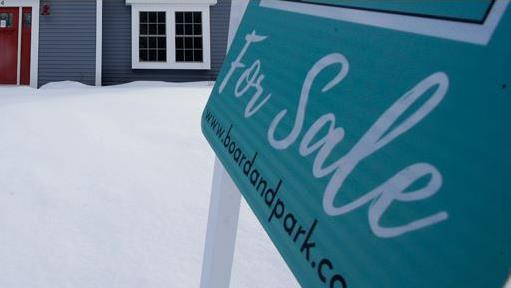How does a home foreclosure impact your credit score?
Mortgage rates hit another multi-year low on Thursday, meaning consumers are in a great spot to borrow money for home purchases or refinance outstanding loans.
Additionally, the U.S. labor market and the U.S. economy are both strong – adding favor to prospective buyers’ positions in the housing market.
Still, not everyone is having an easy time making their mortgage payments.
According to data from CoreLogic released in August, 3.6 percent of mortgages were in some stage of delinquency in May. That is, however, the lowest rate in more than 20 years.
According to data from LendingTree, more than 600,000 homes were in foreclosure last year – and 2.9 million were in 2010.
So what exactly happens to your credit score when your home goes into foreclosure and how long do the effects last?
Here’s a look at what happens to your finances, according to new data compiled by LendingTree:
Initial decline
During foreclosure, an individual’s credit score can decline by 150 points or more.
However, that doesn’t do irreparable damage to most people’s scores.
About 7 percent of borrowers still end the year with a score above 680, while 2 percent end a foreclosure year with a score above 740.
Credit score increase
Each year after foreclosure, credit scores can increase by about 10 points.
One year following foreclosure, the average credit score was about 605.
Five years after foreclosure, the average credit score was 640.
More than 30 percent of people have a credit score of at least 640 within 1 year after foreclosure.
Higher rates
The report showed that buyers with a credit score above 740 and a foreclosure in the past two years paid a higher average rate (5.02 percent) compared with those who either never had a foreclosure – or at least not in the past seven years (4.7 percent).
CLICK HERE TO READ MORE ON FOX BUSINESS
Thus, a $250,000 mortgage packs on an extra $17,135 in borrowing costs in those two years. But that premium drops below $5,000 in the third year.




















